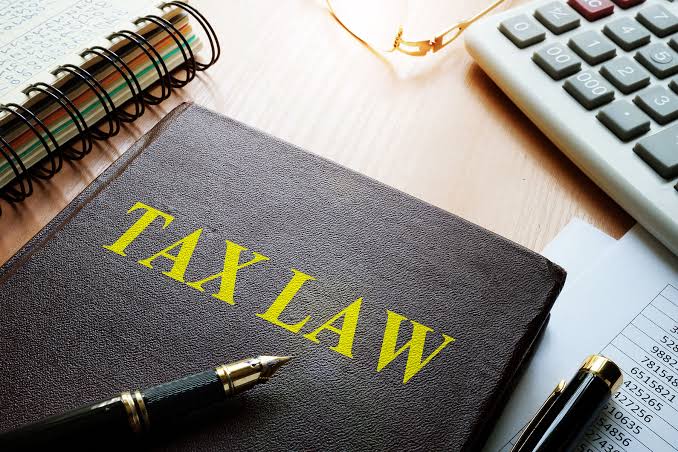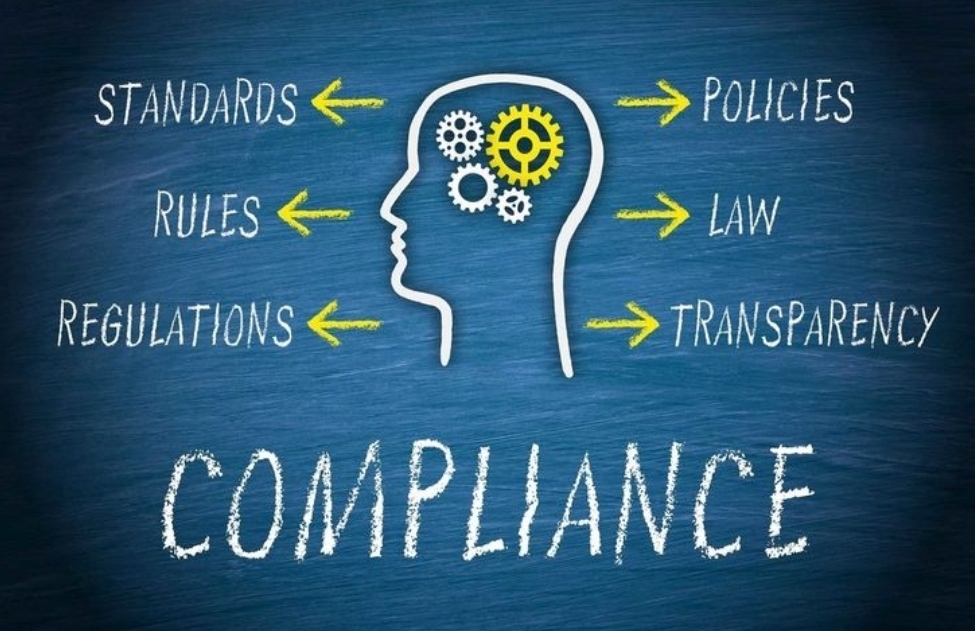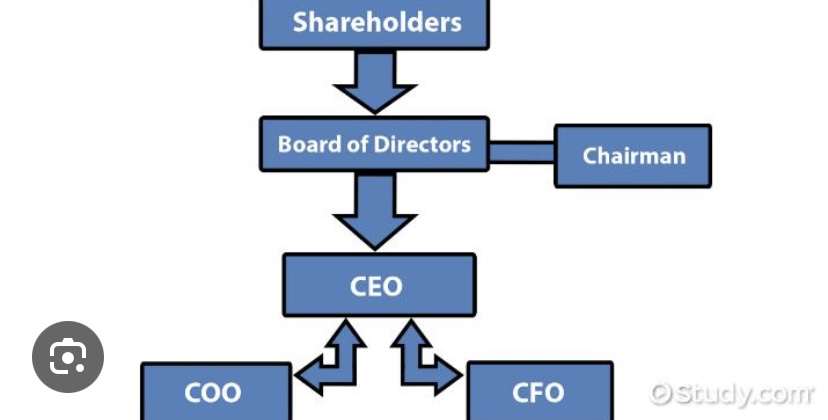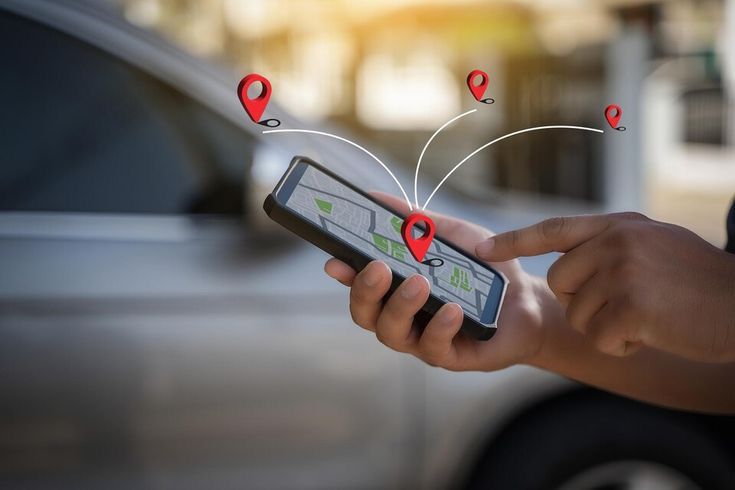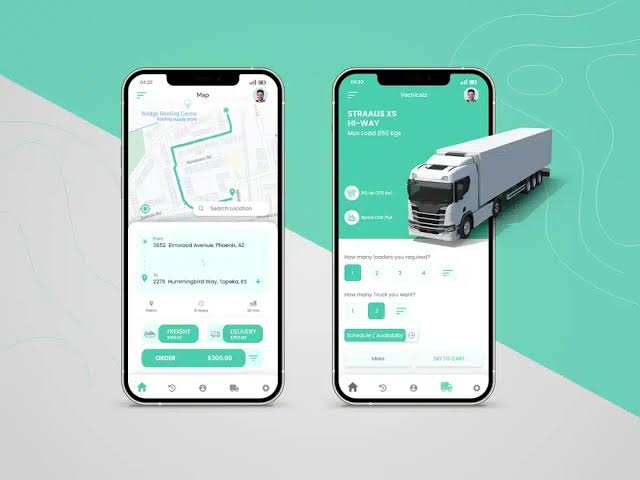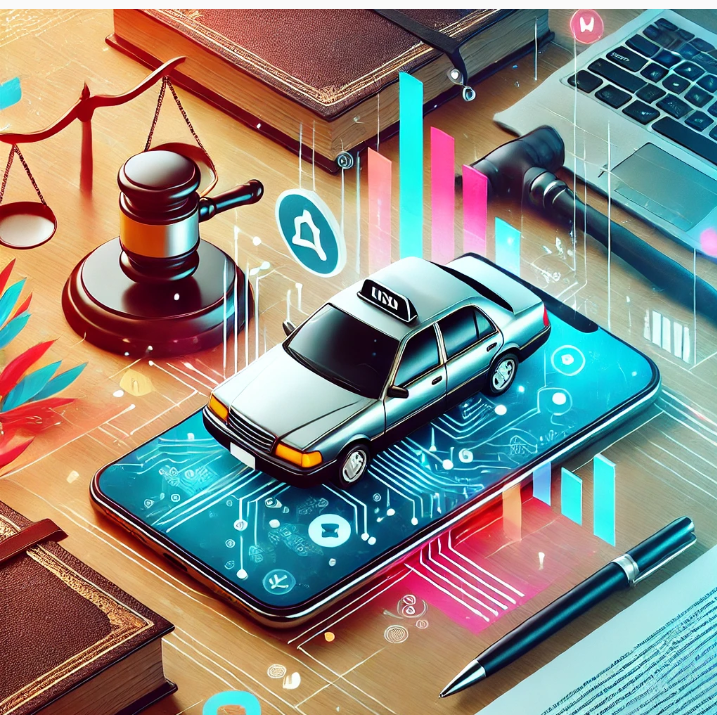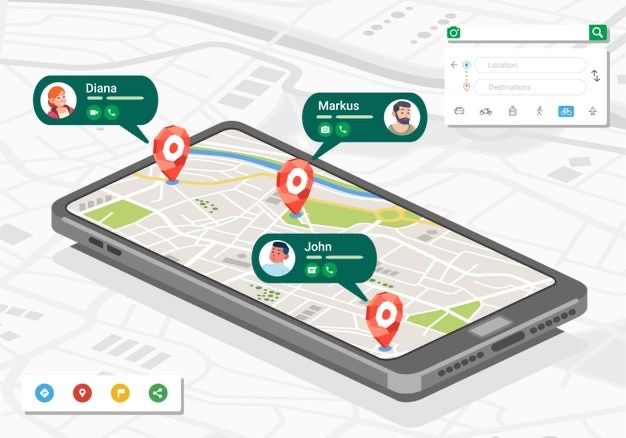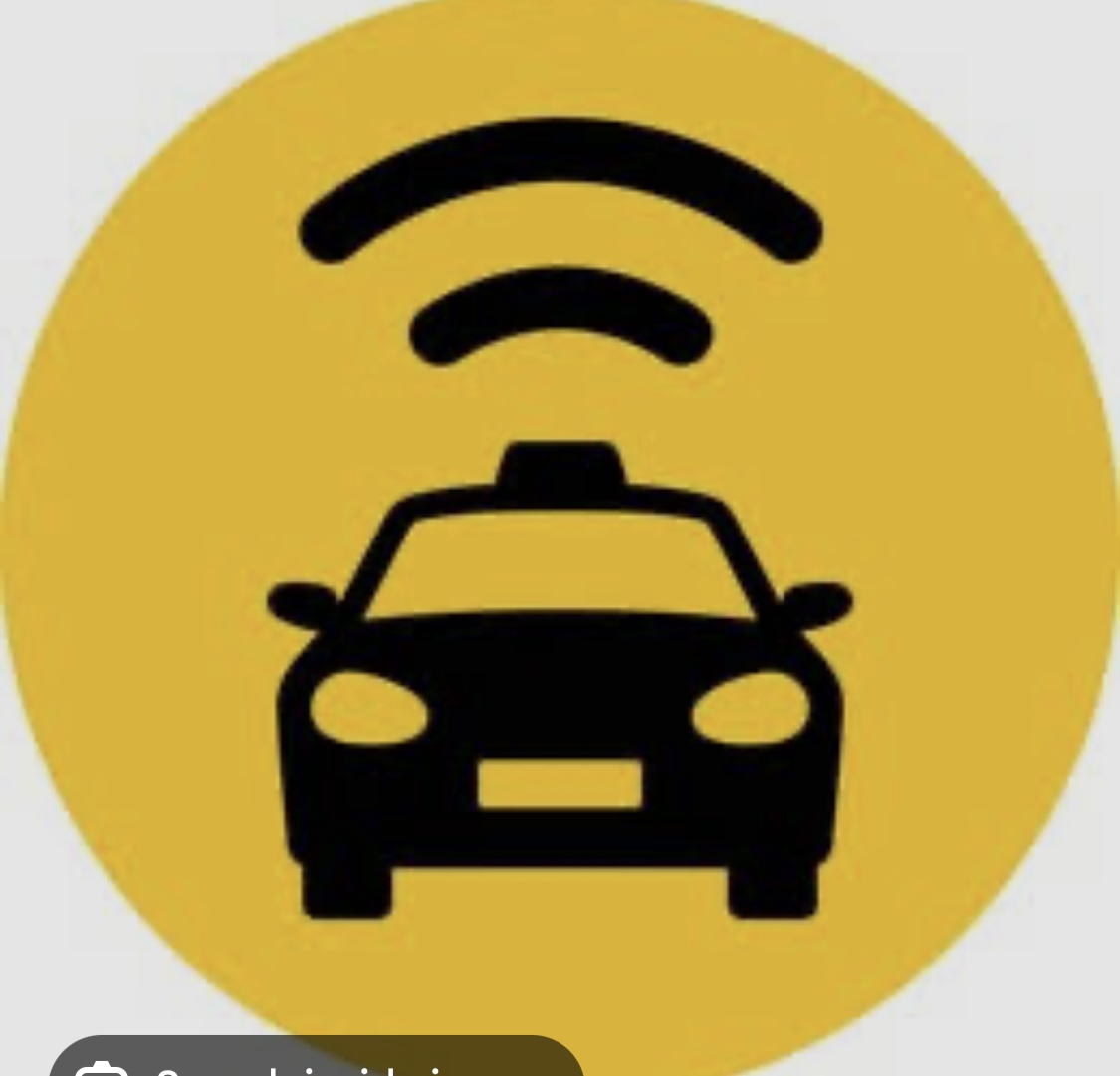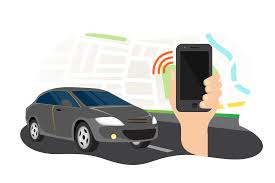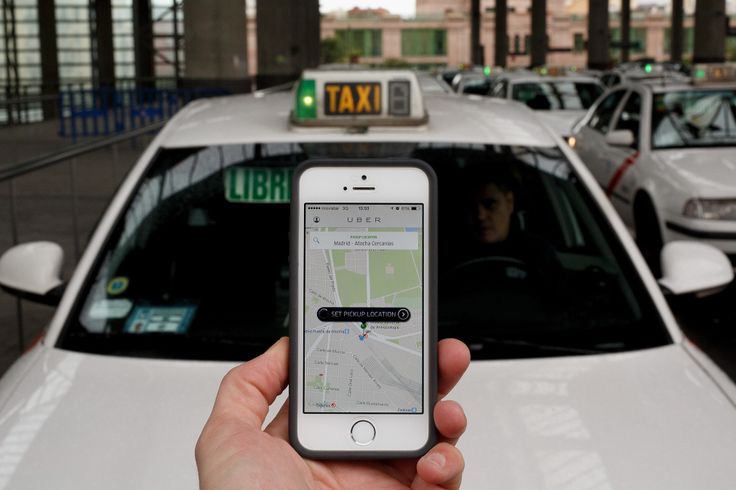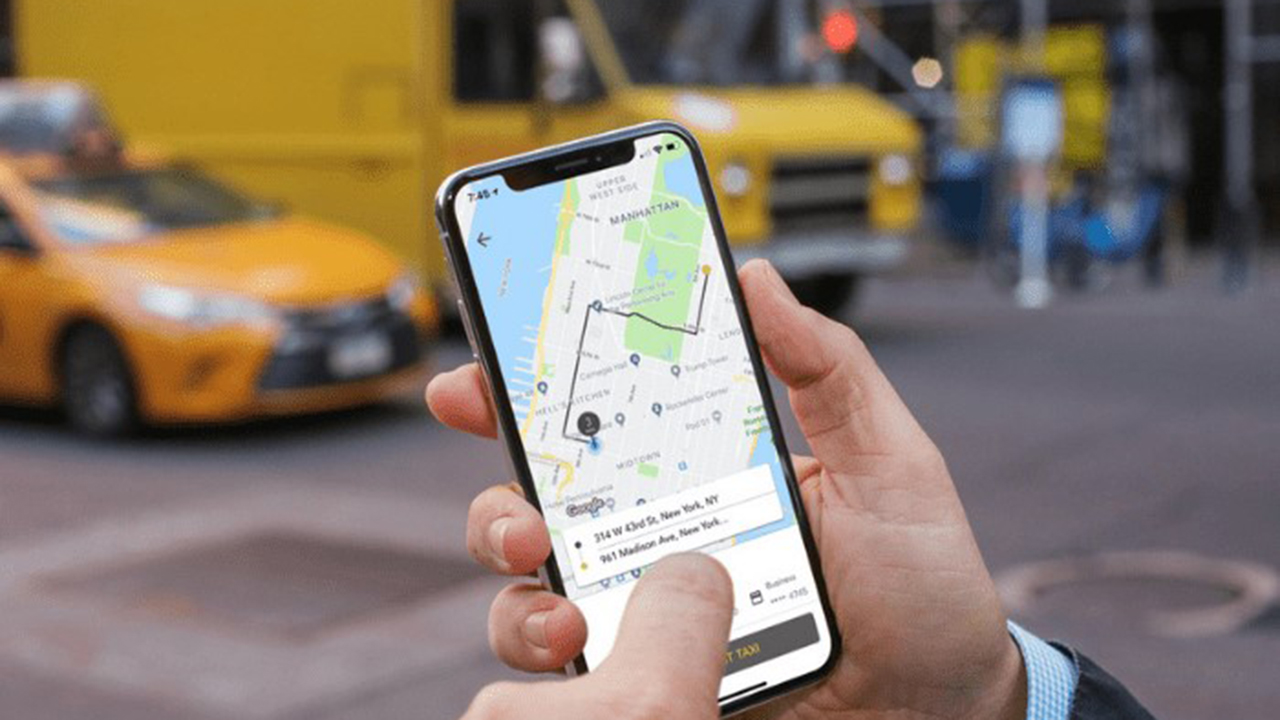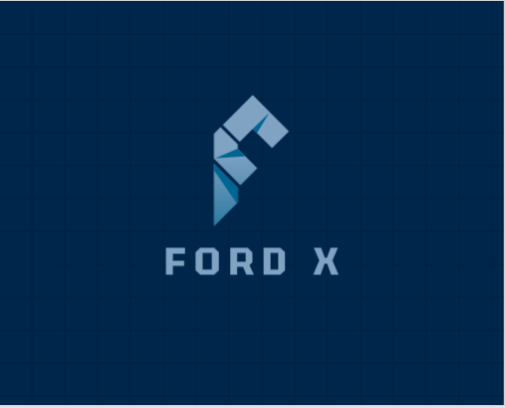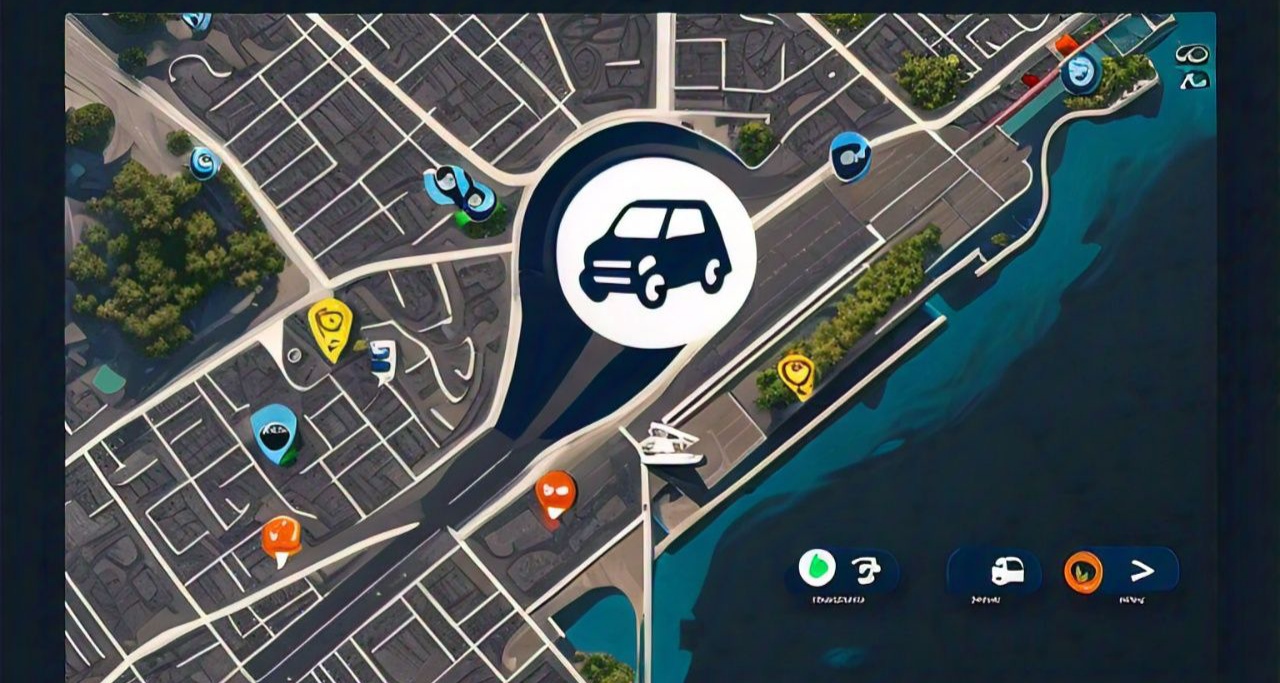
Every business takes on a business structure for the purposes of registration which will cloth it with legal personality upon incorporation. There are different business structures, these structures determine the requirements for the business registration, and to a large extent how the business will be ran, it also affect to some extent how the internal structure of the business will be. Suffice it to mean that some of the business structures include but not limited to:
a. Company limited by shares (limited liability company).
b. Company limited by guarantee.
c. Company unlimited by shares (unlimited liability company).
NB: These types of company can be formed as a private company or public company.
Once someone or group of persons have initiated a business idea, the second most appropriate thing to do is to facilitate it’s registration to activate its legality or legal personality.
Intermediation business (e-hailing) is a service provided to book public transport services through electronic applications. These services include e-hailing vehicles and taxis. E-hailing vehicle is a private vehicle used to provide public transport services to passengers who book through electronic applications¹. E-hailing platforms, also referred to as ride-hailing platforms or transportation network companies, digitally connect the driver of a car or other vehicle with a passenger who requires transportation services, through mobile- or web-based applications.²
A Private Company limited by Shares is the most suitable business structure for a new ride hailing technology start-up in that the proposed operation of the new business start-up matched the operation of a private company limited by shares.
Private Company limited by shares (Ltd) is regarded as the most popular and often used type of company. The reason for this is not farfetched in that it is somewhat easier to form a private company limited by shares than the other types of companies under the CAMA 2020. The minimum authorized share capital required for the formation of a private company limited by shares can also be said to be one of the reasons individuals and other corporate bodies embrace it as opposed to a public company.³ A private Company limited by shares is provided for pursuant to S. 22 CAMA 2020 and consequences of default in complying with S. 22 is provided for in S. 23 of the Act.
A private limited liability company is the most common type of company for business undertakings in Nigeria. By virtue of section 18 of the Companies and Allied Matters Act 2020 (“CAMA”), one or more shareholders can form a small company limited by shares. A company is small if, amongst others, the turnover is less than N25,000,000 (about US$50,000) and it has no foreigner or government or government corporation as a shareholder.⁴
Some essential features of a private company limited by shares include but not limited to⁵ :
• It must have authorised minimum of share capital of not less than ₦100,000.
• The name must end with the Word “limited” (Ltd).
• It must by it’s Articles of Association restrict the transfer of it’s shares.
• It must have minimum of two members but it’s total members must not exceed fifty members.
• It is prohibited from offering it’s shares or debentures to members of the public.
The legal requirement and regulations that the Start-up must comply with are:
a. Registration of business with Corporate Affairs Commission (CAC).
b. Compliance with the provisions of CAMA 2020, which include Sections 22, 23, and 27, inter alia.
c. Guidelines for Online Hailing Business Operation of Taxi in Lagos State of 2020 (this guidelines are specific to Lagos State, though other States has similar guidelines).
Upon registration of the company, the name, business logo and other designs or details as it pertains to the business becomes their intellectual property.
Protecting your intellectual property is a means to secure an economic advantage for your business and make sure you can defend your Unique ideas, products, and services.
The best way to protect IP is to Register it with the government and Enforce your ownership rights.
Beyond registration and enforcement, You can protect certain types of Intellectual property by:
• Documenting your discoveries.
• Using digital rights management.
• Opting for strong nondisclosure
Agreements.
• Creating strong access credentials.⁶
Every business organisation has its own peculiar challenges and e-hailing tech start ups aren’t exceptions to it. The potential challenges that the business can face include⁷:
a. Poor access to technology: Many transport companies in Nigeria and Africa face the challenge of poor access to technology, which can impact their efficiency and competitiveness.
b. Unpredictable government policies: Unpredictable government policies can create challenges for transport companies in Nigeria and Africa, as they can impact the business environment and regulations.
c. Lack of standardization: The lack of standardization in the transport industry in Nigeria and Africa can be a challenge for companies, as it can lead to inconsistencies and inefficiencies.
d. Inadequate road safety measures: Inadequate road safety measures in Nigeria and Africa can lead to accidents and impact the safety of transport companies and their passenger.
e. Inadequate insurance coverage: Many transport companies in Nigeria and Africa do not have adequate insurance coverage, which can lead to financial losses in case of accidents or other unforeseen events.
f. Poor communication infrastructure: Poor communication infrastructure in Nigeria and Africa can hinder the operations of transport companies, as it can make it difficult to communicate with customers and suppliers.
g. Lack of access to finance: Many transport companies in Nigeria and Africa face the challenge of a lack of access to finance, which can hinder their growth and expansion.
h. Poor customer service: Poor customer service can impact the reputation of transport companies in Nigeria and Africa and lead to a loss of customers.
i. Corruption: Corruption in Nigeria and Africa can create challenges for transport companies, as it can lead to illegal fees and other corrupt practices.
There are necessary licenses that one has to obtain before operating an E-hailing service in Nigeria, the information below is as it pertains to Lagos State – which other States has similar provisions too. These licenses include:
The Licensing Requirements for The Taxi and App Operators’ Category⁸
Categories/Particulars Costs
1 First Operator’s Provisional License for up to 50 units of cabs or below (5 million)
2 First Operator’s Provisional License for 51 and above units of cabs (10 million)
3 Annual Renewal of Provisional License of 50 unit of cabs or below (1.5 million)
4 Annual Renewal Fee for Operator’s Provisional License for 51 and above units of cabs (3 million)
5 Transaction Fee payable to Lagos State Government on each ride 10%
Please note that:
a. The operator must commence the renewal process three (3) months before the expiration of the existing license.
b. Operators must have a quarterly meeting with the Ministry of Transportation for Operational updates and feedback.
c. Taxi Operators must operate under a particular franchise as no single operator/operation will be licensed.
Are there additional requirements for Ride-hailing Companies in Lagos State?
Yes, ride-hailing companies must ensure that all affiliated drivers complete and possess the necessary documents and licenses, such as a valid driver’s license and Lagos State Residents Registration Agency (LASRRA) cards, which are essential for the ride operation.
For more express provisions and clarifications, recourse should be given to Guidelines for Online Hailing Business Operation of Taxi in Lagos State of 2020.
Conclusively, an E-hailing Technology Business is a lucrative type of business, individual are only encouraged to observe and follow the legal guidelines and provisions to optimal maximisation of the company and to be able to enjoy it’s profit fully with encumbrances of any sort from anyone including government agencies.
References:
1. https://www.mot.gov.my/en/land/infrastructure/e-hailing-services#:~:text=Intermediation%20business%20(e%2Dhailing),e%2Dhailing%20vehicles%20and%20taxis
2. https://koriatlaw.com/costs-and-requirements-of-company-registration-in-nigeria/
3. Chris C. Wigwe (SAN), Introduction to Company Law and Practice with CAMA 2020, Pg 30, Princeton & Associates Publishing Co. Ltd, Ikeja Lagos, 2022.
4. https://koriatlaw.com/costs-and-requirements-of-company-registration-in-nigeria/
5. S. 22 and 27 of Companies and Allied Matters Act, 2020.
6. https://www.legalzoom.com/articles/how-to-protect-your-intellectual-property
7. https://qeeva.com/5724-2/
8. https://koriatlaw.com/costs-and-requirements-of-company-registration-in-nigeria/




